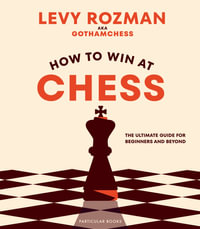
Foundations of Human Sociality: Economic Experiments and Ethnographic Evidence
Economic Experiments and Ethnographic Evidence from Fifteen Small-Scale Societies
By: Joseph Henrich (Editor), Robert Boyd (Editor), Samuel Bowles (Editor), Colin Camerer (Editor), Ernst Fehr (Editor)
Hardcover | 8 April 2004
At a Glance
Hardcover
$197.68
Aims to ship in 7 to 10 business days
ISBN: 9780199262045
ISBN-10: 0199262047
Published: 8th April 2004
Format: Hardcover
Language: English
Number of Pages: 472
Audience: Professional and Scholarly
Publisher: Oxford University Press UK
Country of Publication: GB
Dimensions (cm): 23.39 x 15.6 x 2.54
Weight (kg): 0.84
Shipping
| Standard Shipping | Express Shipping | |
|---|---|---|
| Metro postcodes: | $9.99 | $14.95 |
| Regional postcodes: | $9.99 | $14.95 |
| Rural postcodes: | $9.99 | $14.95 |
How to return your order
At Booktopia, we offer hassle-free returns in accordance with our returns policy. If you wish to return an item, please get in touch with Booktopia Customer Care.
Additional postage charges may be applicable.
Defective items
If there is a problem with any of the items received for your order then the Booktopia Customer Care team is ready to assist you.
For more info please visit our Help Centre.























